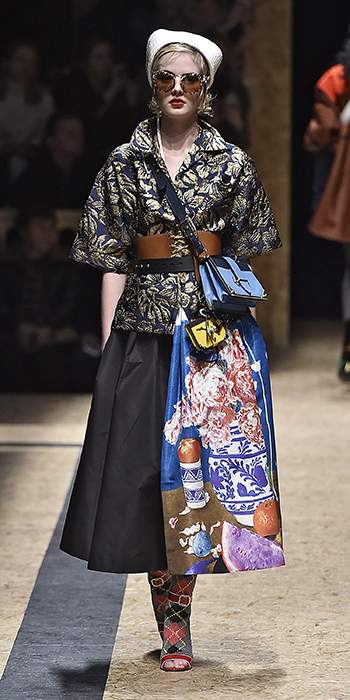
Introduction:
As the fashion industry continues to evolve, it's a thrilling time for enthusiasts and trendsetters alike. In this blog post, we'll dive into the exciting realm of future fashion trends, exploring innovations, sustainable practices, and the dynamic forces shaping the styles of tomorrow.
- Technology Meets Fashion:
The intersection of technology and fashion is giving rise to groundbreaking innovations. From smart fabrics that adapt to environmental conditions to augmented reality dressing rooms, technology is transforming the way we experience and interact with clothing.
- Virtual Fashion Shows and Digital Runways:
In an era of digital connectivity, traditional fashion shows are expanding into virtual realms. Digital runways, live streams, and virtual reality experiences are redefining how designers showcase their collections, making fashion more accessible to a global audience.
- 3D Printing in Fashion Design:
The use of 3D printing technology is revolutionizing the design and manufacturing processes in the fashion industry. Designers are experimenting with intricate, customizable 3D-printed garments, offering a glimpse into a future where personalization and sustainability converge.
- Artificial Intelligence in Fashion:
Artificial intelligence (AI) is playing a role in predicting and shaping fashion trends. From AI-powered styling recommendations to virtual personal shoppers, machine learning is enhancing the shopping experience and helping individuals discover styles that align with their preferences.
- Circular Fashion Economy:
The concept of a circular fashion economy is gaining momentum as the industry embraces sustainability. Designers are focusing on creating durable, recyclable, and biodegradable clothing, while brands explore circular business models that reduce waste and environmental impact.
- Fashion Rental and Resale Platforms:
As conscious consumerism grows, fashion rental and resale platforms are becoming more popular. These platforms allow individuals to access designer pieces without the environmental footprint of fast fashion, contributing to a more sustainable and circular fashion ecosystem.
- Inclusive Fashion:
The push for inclusivity in fashion is reshaping the industry's landscape. Designers are recognizing the diverse beauty of all body types, ethnicities, and genders. Inclusive fashion lines and campaigns are celebrating individuality and challenging traditional beauty standards.
- Fashion Activism:
Fashion is becoming a powerful tool for activism and social change. Designers and brands are using their platforms to address societal issues, promote inclusivity, and contribute to important conversations surrounding sustainability and ethical practices.
- Customization and Personalization:
Consumers are increasingly seeking unique and personalized fashion experiences. From made-to-order clothing to customizable accessories, the fashion industry is embracing the demand for individual expression, allowing individuals to co-create their style.
- Collaborations and Cross-Industry Partnerships:
Fashion collaborations are expanding beyond traditional boundaries. Brands are partnering with artists, tech companies, and even other industries to create unique and innovative collections. These cross-industry collaborations bring fresh perspectives and creativity to the fashion landscape.
Conclusion:
The future of fashion is dynamic, inclusive, and technologically advanced. From sustainable practices to innovative technologies, the fashion industry is evolving to meet the demands of a conscious and connected global audience. As we step into this exciting era of fashion, let's embrace the creativity, sustainability, and individuality that define the trends of tomorrow.
